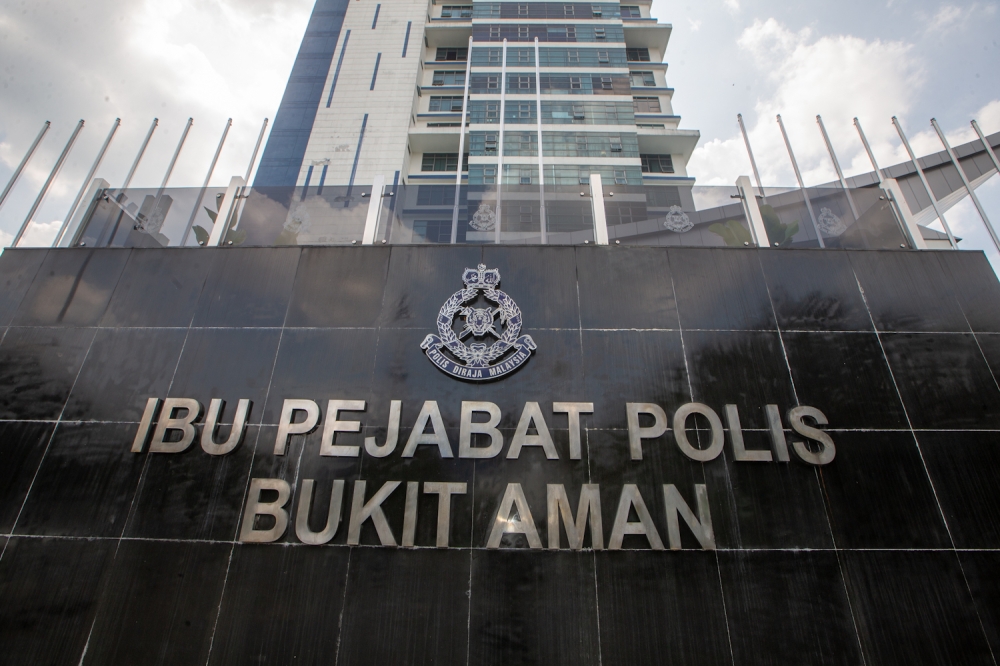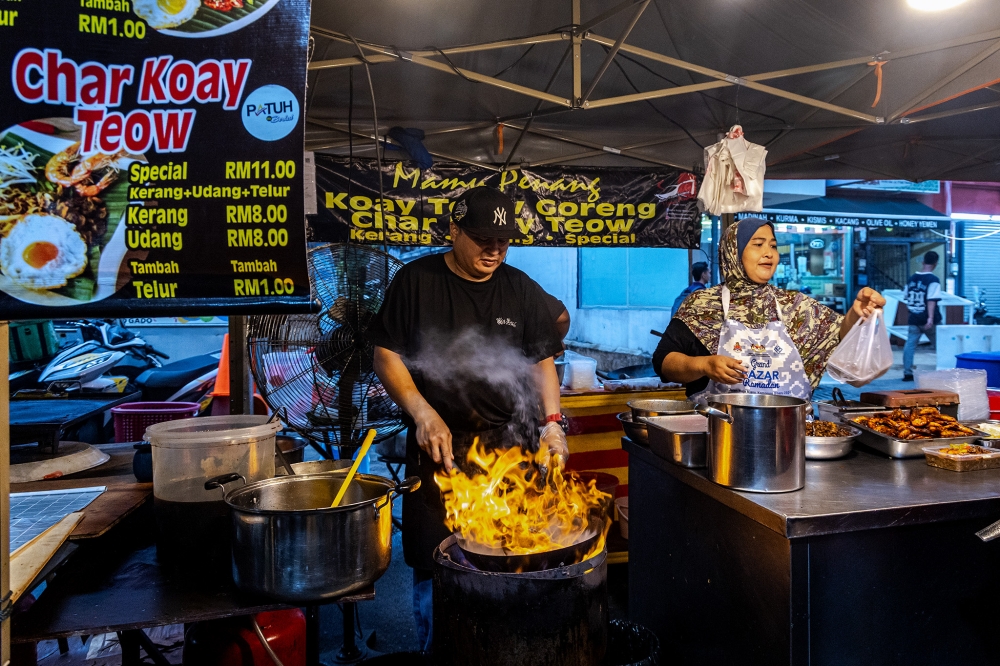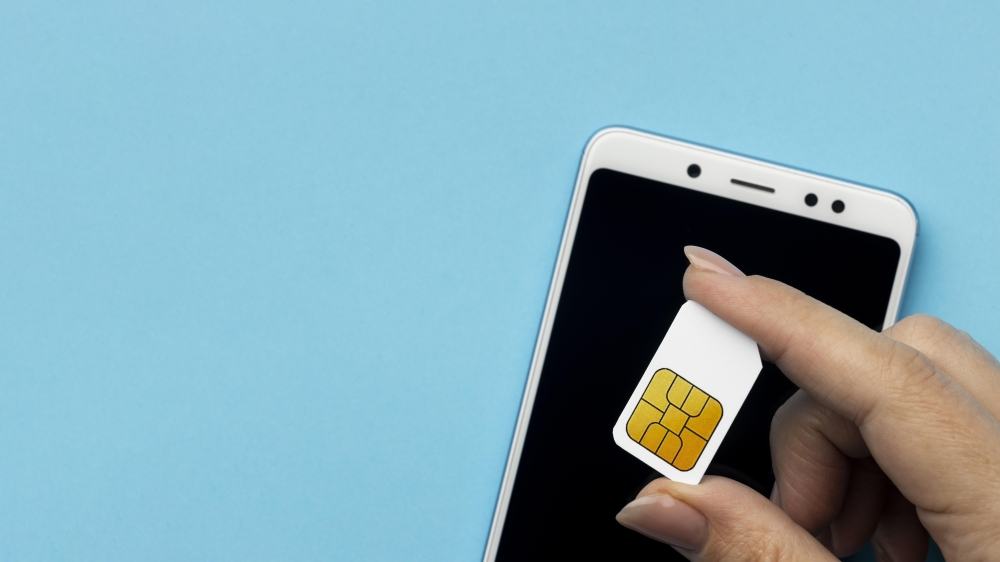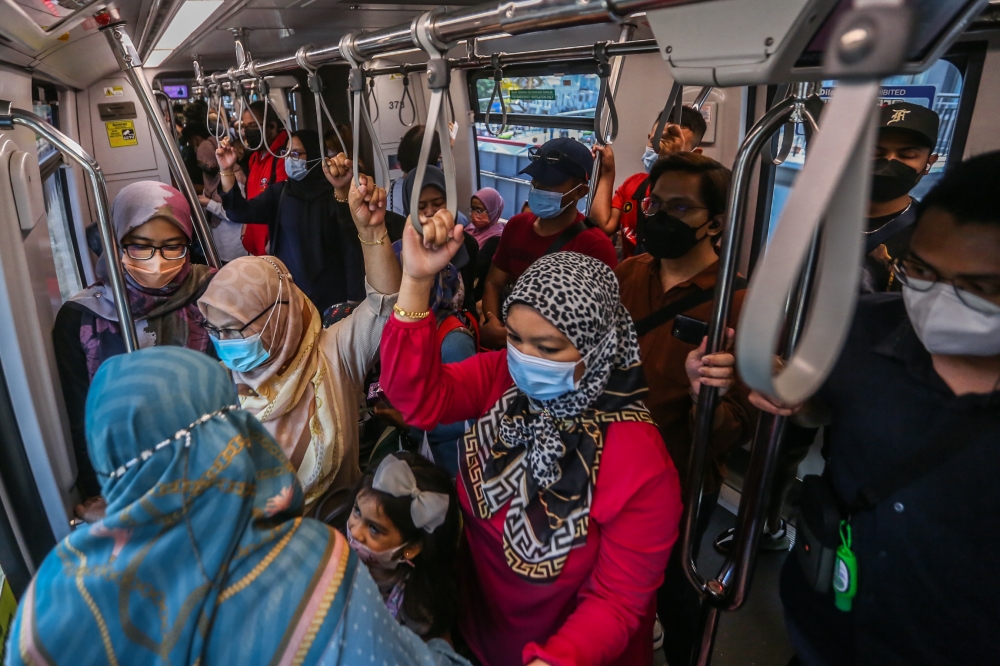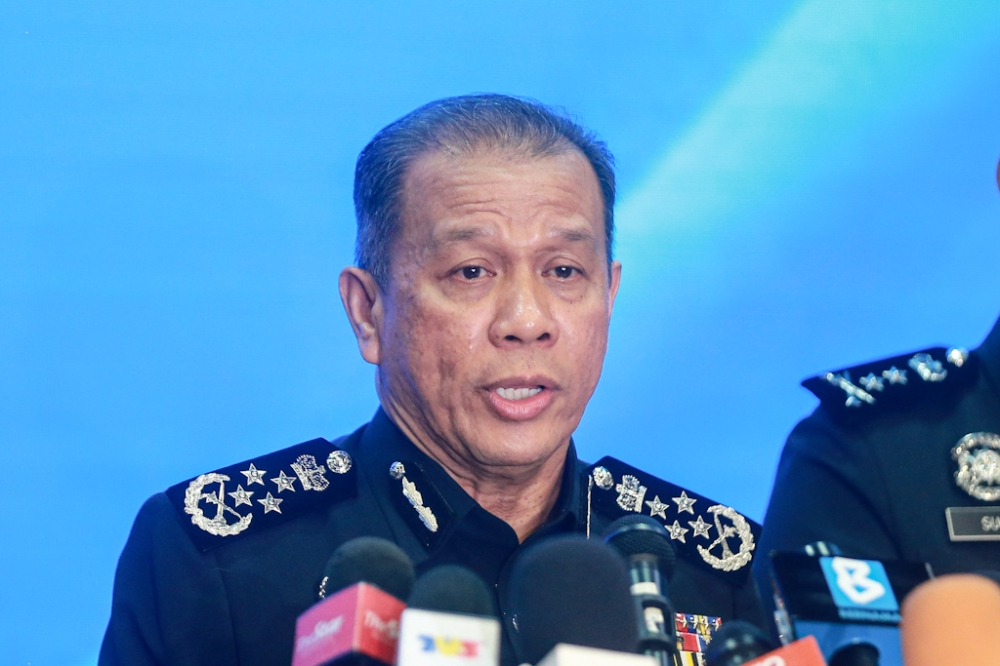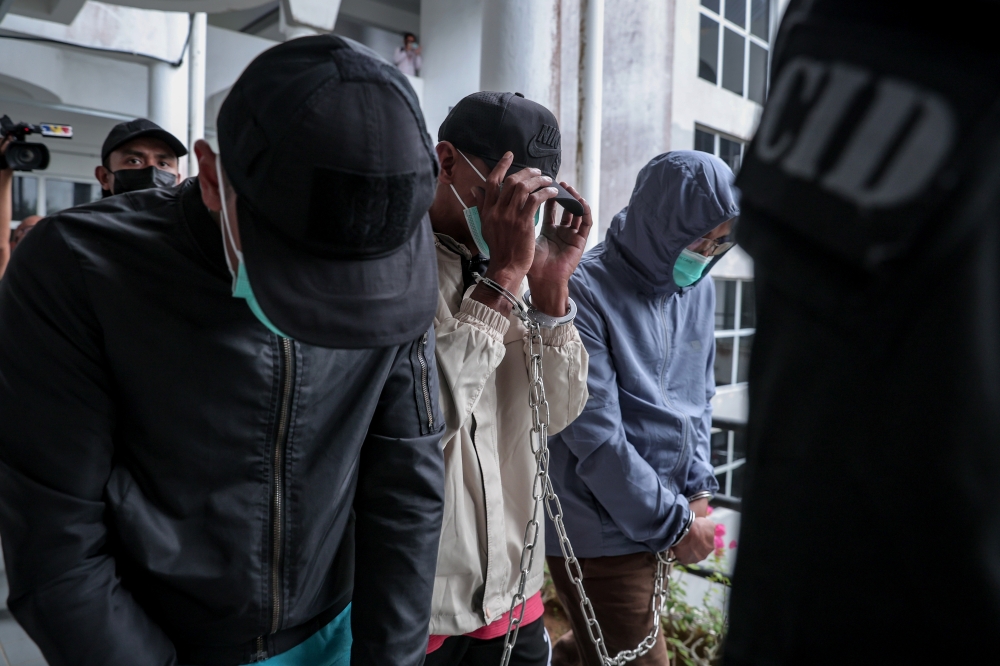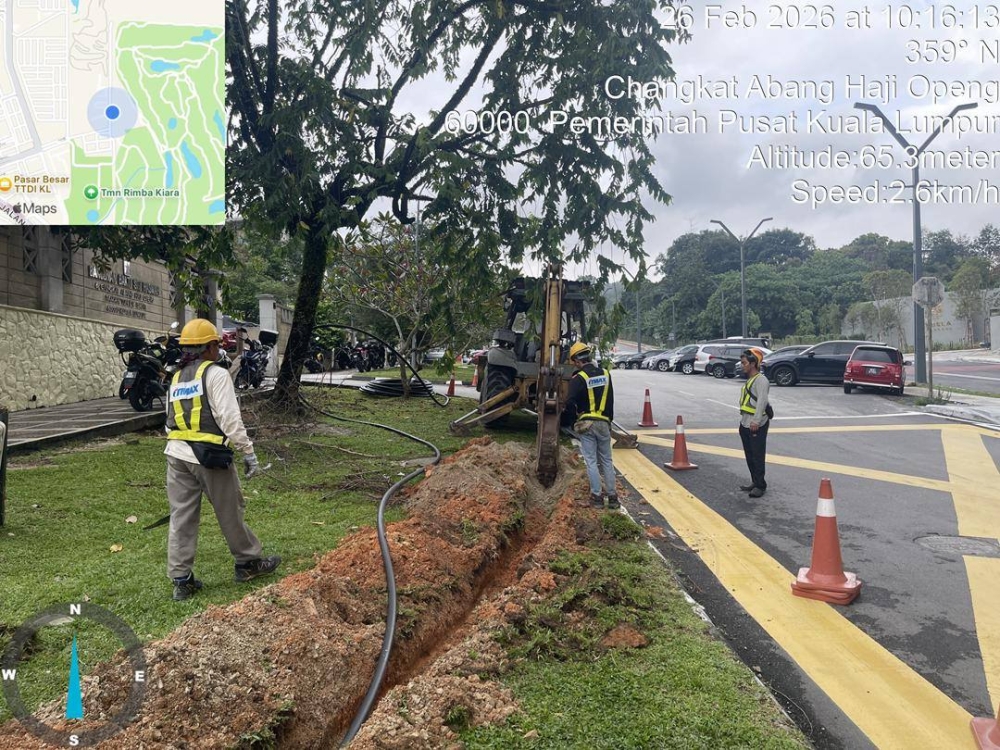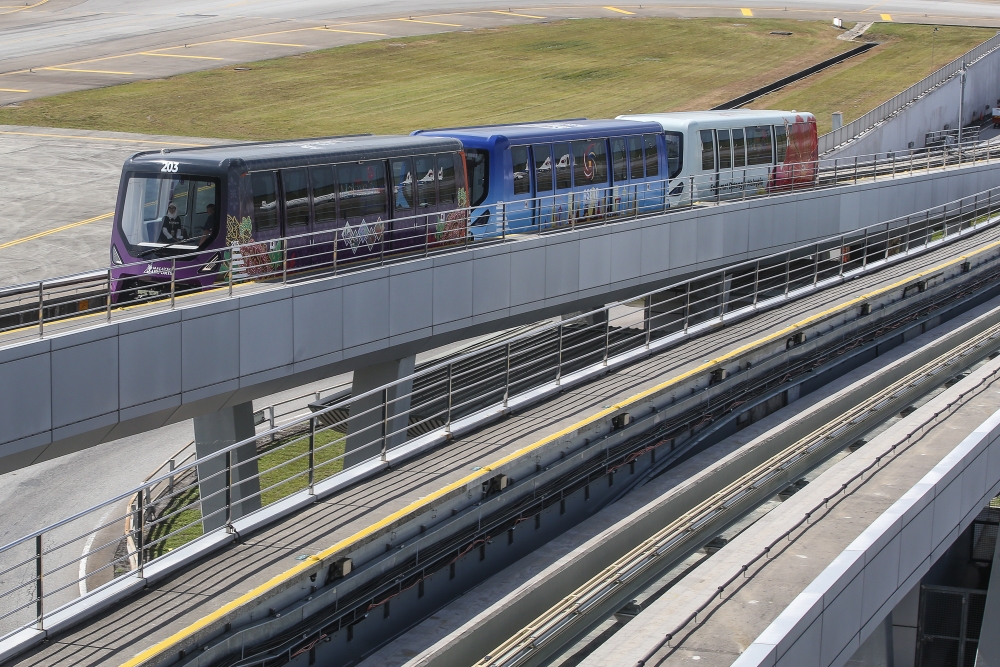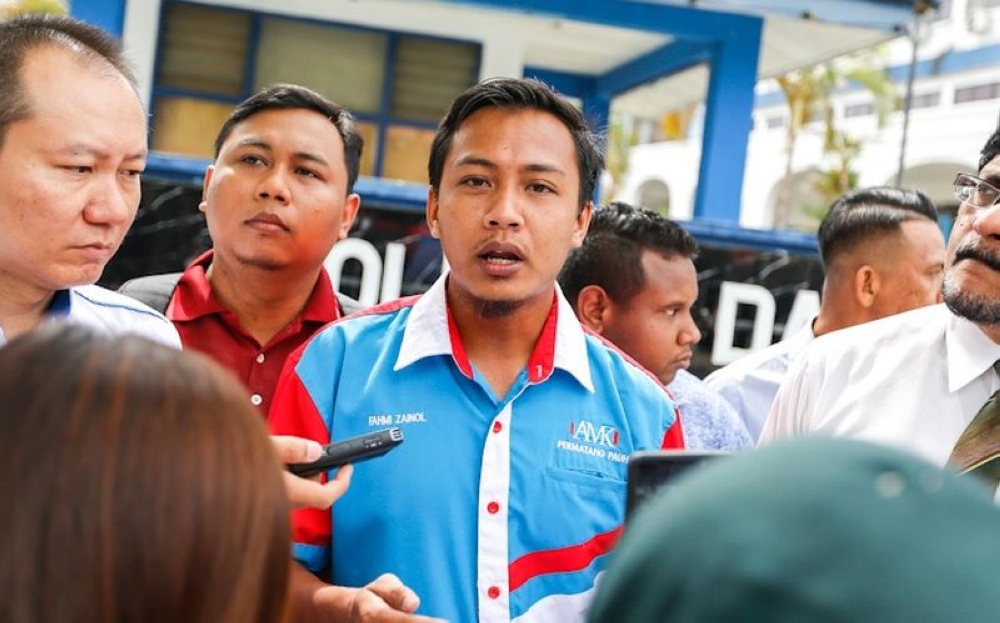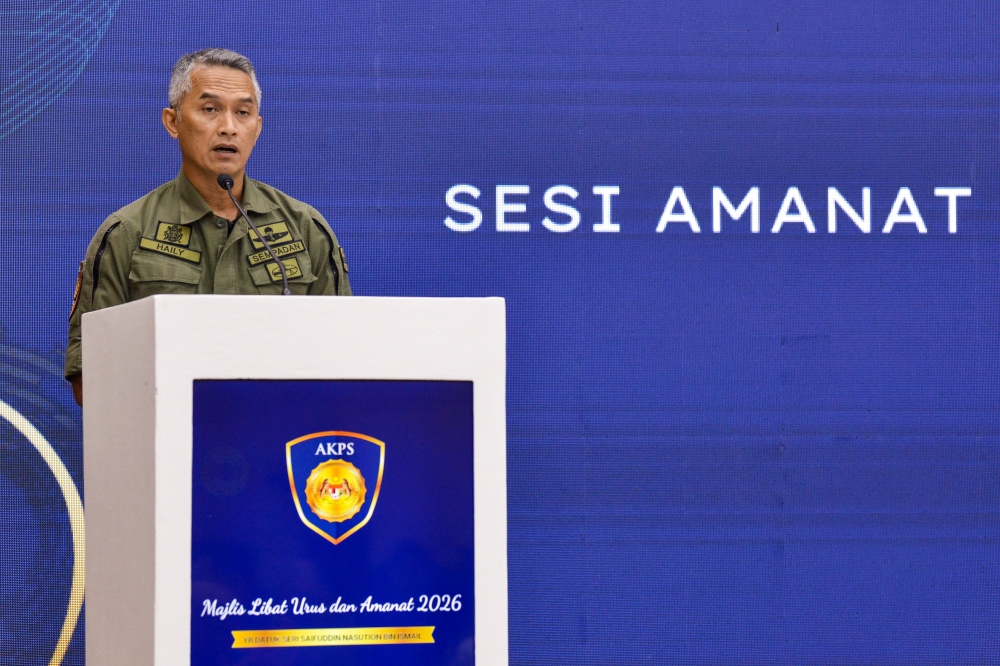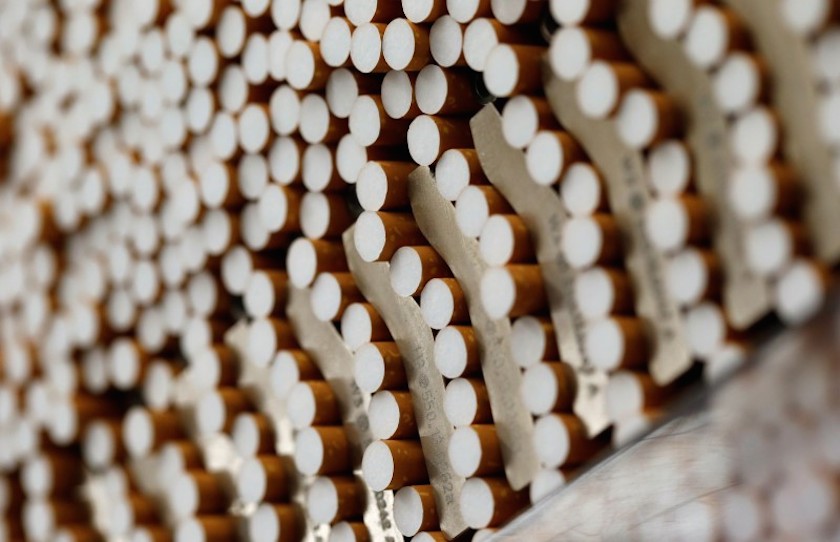KUALA LUMPUR, Jan 26 — Roughly seven out of 10 retailers are participants of incentive programmes offered by tobacco companies as part of the latter’s promotional tactics and to boost cigarettes sales, a survey released yesterday has revealed.
The survey by the International Islamic University Malaysia (IIUM) also showed that 80 per cent of convenience stores that took part in such incentive programmes touted an increase in cigarette sales after participating in such programmes.
“The incentives awarded were to motivate retailers to advertise cigarette brands, increase cigarette sales, launch and promote new brands, as well as arrange and display packs according to a ‘tobacco power wall’ (TPW) design,” said IIUM Faculty of Pharmacy lecturer Mohamad Haniki Nik Mohamed.
Mohamad Haniki, who is the faculty’s head of internationalisation and network linkages, also added that more than half of the retailers were required to arrange the cigarette packs on the TPW according to specified pattern based on visual guide.
“The incentives that are offered include cash bonus, shopping and food vouchers, free gifts and free cigarettes,” the associate professor said.
The survey conducted together with the Malaysian Pharmacy Academy and Malaysian Green Lung Association, polled 240 retailers in Kuala Lumpur, Selangor, and Penang ― which included convenience stores, coffee shops, and grocery stores.
Mohamad Haniki said the most popular incentive among convenience stores were shopping and food vouchers at 97.3 per cent. Respondents claimed the outlets or their staff members were rewarded when they achieved the sales target.
When asked whether such programme should be continued, 89.1 per cent of the retailers agreed that the incentive programmes should go on.
“In view of the National Strategic Plan for Tobacco Control, the government has set a goal of reducing smoking prevalence to less than five per cent by year 2045.
“However, such marketing tactics by tobacco companies will consistently undermine tobacco control efforts proposed by the government,” he said, when presenting the findings of the survey at the National Cancer Society Malaysia here.
Mohamad Haniki, who is also the Malaysian Pharmacy Academy principal, then urged for the government to enforce a ban on the promotion of cigarettes by offering such incentive programmes to retailers.
He also urged for the ban of point-of-sale of cigarette pack displays.
“Currently, this is not illegal due to the loopholes in the law as this is seen as a business transaction,” he said.
Mohamad Haniki also called for the government to impose issuing licenses to retailers to sell tobacco products, similar to the liquor licence.
He said such licence would be able to regulate and control tobacco sales, including banning retailers from selling tobacco products within or less than one kilometres away from school vicinity to reduce access to minors, in which half of the retailers surveyed were situated within one km of primary or secondary schools.
Meanwhile, Southeast Asia Tobacco Control Alliance senior policy adviser Mary Assunta Kolandai said that such ban would be one of the steps to reduce tobacco promotions, citing Thailand as an example, which had enforced the ban since 2005.
“The purpose of the cigarette display on the TPW is not for the smokers, because they already know what they want to buy.
“It is for the non-smokers and children, as well as for the new launch of new brand or varient,” she said.
She added the estimated 80,000 cigarette retailers in Malaysia is seen as the main spokesperson and communicators of tobacco companies through the promotional method by offering such incentive programmes.
Malaysia has started banning smoking in and nearby food outlets starting this year.

